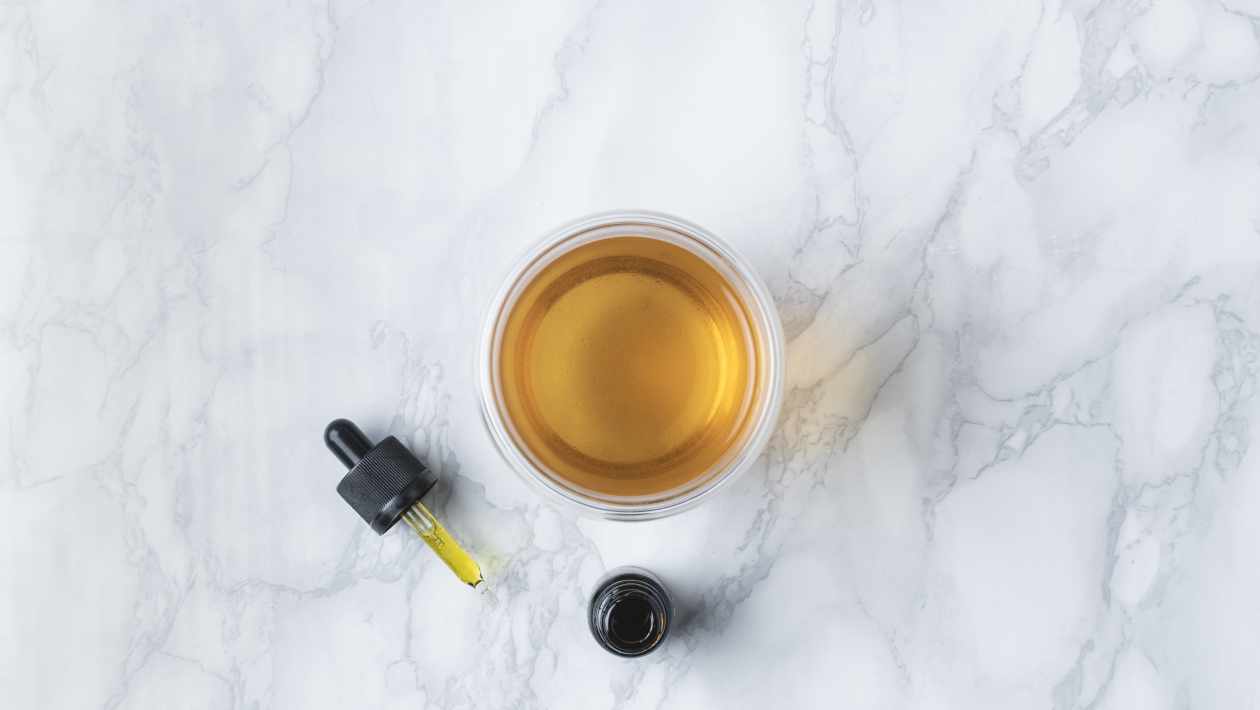What is CBD? Cannabidiol or CBD, is one of the 120+ known cannabinoids found in cannabis. Unlike THC, CBD does not have a psychoactive effect on the person consuming it. A cannabinoid found in cannabis and hemp plants, cannabidiol (CBD) is one of over 100 compounds called cannabinoids. Cannabinoids are plant-derived and bind to receptors in the brain. CBD is a non-psychoactive cannabinoid, meaning it does not produce a high. Although research has been preliminary, CBD appears to have medical potential for various conditions including anxiety disorders, chronic pain and epilepsy. CBD can be ingested through capsules or oil, or inhaled through vaporization.
There are different ways to consume CBD, such as edibles and capsules. Pharmaceutical companies are also testing it for use in treating serious diseases like cancer and chronic pain.The most popular way to consume CBD oil is by vaping it with an e-cigarette device. This allows for quick delivery of the product into the bloodstream without any need for combustion (burning).
Cannabidiol (CBD) is one of the major cannabinoids in marijuana. It does not affect the brain in the same way that THC does. Rather than acting on neurotransmitters, it affects the endocannabinoid system of cells.
CBD as a Medicine
Cannabidiol is one of the most popular natural remedies for chronic pain, epilepsy, inflammation, and other conditions.CBD is a type of medicinal cannabis extract that does not contain any significant levels of THC and induces no psychoactive effects.In recent years this compound has been generating a lot of interest from the general public due to its many medical benefits It is a cannabinoid that has been found to have many therapeutic effects. It was identified as a chemical compound in hemp plants.
CBD is the most prominent non-psychoactive cannabinoid, meaning it’s not responsible for inducing any high feeling or paranoia. CBD acts as an antioxidant and protects against inflammation and oxidative stress which can cause damage to organs and tissue systems. Cannabinoids like THC and CBD work by binding themselves with the body’s natural cannabinoid receptors, CB1 or CB2. This binding process helps to regulate cell functions including but not limited to mood, sleep, hormone regulation, appetite pain sensation, immune function, memory formation etc.
CBD Oil
The best form of CBD oil for you will depend on what you need it for and your taste preferences.CBD oil is available in different forms: capsule, tincture, and topical.It may even help people who have dementia or schizophrenia due to the calming effects of the compounds found in the cannabis plant.It is known to have significant medical benefits without producing a “high” effect. Because of this, it may prove to be a more popular substitute for other drugs that produce more serious side effects.The compound has been found in studies to have many potential medical uses including reducing anxiety and nausea, suppressing seizures and convulsions, countering inflammation and helping with weight loss. It has also been linked to anti-psychotic effects by increasing serotonergic transmission in the brain.
CBD Gummies
CBD- contained edibles interact with an individual’s endocannabinoid system. The cannabinoids in CBD Gummies bind to receptors in the core, which may support break tension giving an individual a comforting experience. These edibles may have other possible health benefits, like promoting better sleep.
CBD Hemp Products
With the increase in the marijuana legislation around the world, people are becoming more aware of CBD hemp products.CBD Hemp products are lotion, oil, balm, tincture, ointment and other topical products that have hemp-based cannabidiol (CBD) oils which make them healthy for skin and hair.Most CBD Hemp products come from the hemp plant which usually has less than 0.3% THC content meaning it is not psychoactive or intoxicating. Without this content you cannot get high using CBD Hemp products.
Dosage of CBD
The quantum of CBD you should take depends on a range of factors, including :
- your body weight
- the health you ’re treating
- your individual core chemistry
- the immersion of CBD in each tablet, capsule, drop, or gummy
Start with a small dose of CBD and increase tardily until you reach your asked effect. Your ideal dose of CBD depends on a lot of factors, like your body weight, body chemistry, the health you ’re treating, and the attention of CBD in the product you ’re using.
Beneficial Effects of CBD
The beneficial effects of CBD are there and the risk of any harmful side effect is low.We can’t feel anything that has to do with euphoria or feeling “high.” If we were to consume too much CBD at once, we might experience vomiting or diarrhea.
CBD is a natural product obtained from the Cannabis plant and it has been shown to be an effective treatment for many health conditions, such as PTSD.
The Beneficial effects of CBD also includes:
- Lowering Blood pressure
- Fighting against Insomnia
- Battling against Stress
- Benefits from relieving anxiety
Conclusion
With so many people wanting to try CBD, but with so many claiming it is the snake oil of the new age, it can be difficult to know where to start when it comes to understanding what is in these products and what they do for you.
CBD is a promising new industry that offers an innovative and alternative product, and we can’t help but be excited about the future of CBD.The benefits of CBD are too compelling to ignore. It could offer relief to those with chronic pain, anxiety, and depression. As the research continues to emerge, we may see more medical professionals telling their patients about the benefits of CBD.
If you’re looking for a way to reduce inflammation or alleviate symptoms of autoimmune disease then CBD is worth exploring because it has shown promise as an anti-inflammatory agent and as a treatment for other conditions such as seizures, arthritis, and diabetes.
I am an Ambitious girl with a special interest in writing and sharing my knowledge. I love to hangout with nature and learn from it. My words will display the power of nature to the best as I love to write about the environment.





